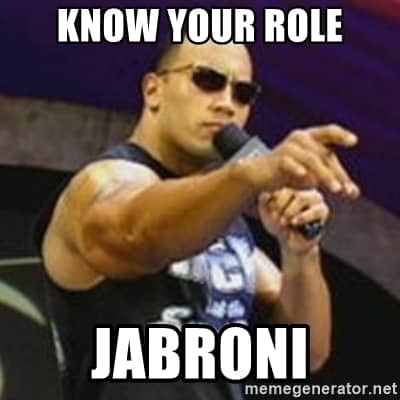Photo by Joshua Coleman on Unsplash
You’ve probably heard someone say they “wear a lot of hats.” For people serving on a co-op board of directors, wearing many hats comes with the territory.
This reality presents a governance challenge for co-ops. When directors make decisions, what’s influencing them? Their interests as an individual member, or as a director with the responsibility to work on behalf of the whole membership?
The Two Hat Problem
Researchers at the University of Saskatchewan’s Canadian Centre for the Study of Co-operatives explore this dilemma in a blog post called the Two Hat Problem. The article addresses second-tier (co-ops of co-ops) boards, but the challenge is relatively universal.
Co-op board members often wear (at least) two hats. One as members who use the co-op’s services, spend money with the business, and sometimes collect a portion of the profits. Decisions from this perspective are straightforward and self-interested.
The other hat is as a director considering the well-being of the whole organization. This role requires good financial insight, the ability to guide the co-op to fulfill its mandate, and generally work in the business’s best interests. Complicated stuff.
Even more hats!
In worker or consumer co-ops, this multiple hat-wearing can increase even further. One person might be a member, customer, director, and employee. That’s a lot of hats to wear!
To help manage all these different roles, be a great board member, and help the co-op achieve good governance, here are some tips to help directors keep it all straight.
Know Your Role
The first step towards being a great board member is to understand your role. This is outlined in legislation and the co-op’s bylaws, but really understanding your responsibilities requires some reading.
A co-op can support new directors by creating an orientation package that outlines responsibilities and expectations. Our resource on the duties of the board is an excellent place to start.
But, in general, three important, overarching duties should shape a director’s actions:
- Duty of care: Do the work! Read the reports, ask questions, and make informed decisions.
- Duty to supervise: Not a surprising point, but it can be complicated to balance too little and too much oversight. Governing an organization, whether it has management or not, is not often an easy task. Take it seriously.
- Duty of loyalty: Being honest should be a given. But sometimes it’s difficult to separate the personal from what is best for the whole organization. Do your best to take the higher road.
Use these three central duties, the co-op’s business plan and its bylaws to measure a director’s performance. If a director isn’t acting in the co-op’s best interests as a whole, it may be because they’re wearing the wrong hat at the board table.
Wear the Right Hat
Members usually have a financial relationship with their co-op. This relationship may include buying groceries, selling goods, or employment. As a result, board members’ individual interests aren’t always aligned with the co-op’s membership as a whole.
For example, a producer-member may oppose investing in new equipment after a profitable year because it will reduce the dividend they’ll receive. Difficult situations can arise if a director refuses to take off their ‘member hat’ and begins making decisions in their own self-interest.
Here are a few tips to handle these situations:
- Educate directors. For new board members and existing ones, ongoing and regular training and learning opportunities related to their role, governance, and the co-op can help ensure they make informed decisions.
- Provide a platform. A director represents the interests of the whole organization. Offer them a chance to speak. Ensuring each director has an avenue for sharing thoughts and influencing decisions will keep the co-op’s best interests top-of-mind.
- Bring in experts. In some cases, the board may need some more information or expertise. Polling members for their opinions or consulting a subject-matter expert can help boards make better decisions.
- Know how to remove a director. In rare cases, a dissenting board member may need to step down. Best practice requires board unity on all final decisions, even if there is dissent on the board at the discussion stage. However, directors that voice their concerns to members, the public, or speak negatively about the board’s decision-making process, may be doing more harm than good. In this case, the board chair may need to meet with the director to discuss the problem and find a solution.
Commit to learning more
As a co-op member or director, there are a lot of opportunities to learn more about co-ops, membership, and how to help make good decisions. A great place to start is our online Good Governance Matters Course. This FREE course examines real-life examples to better understand governance in co-operatives. Sign up today!

 Written by
Written by 




